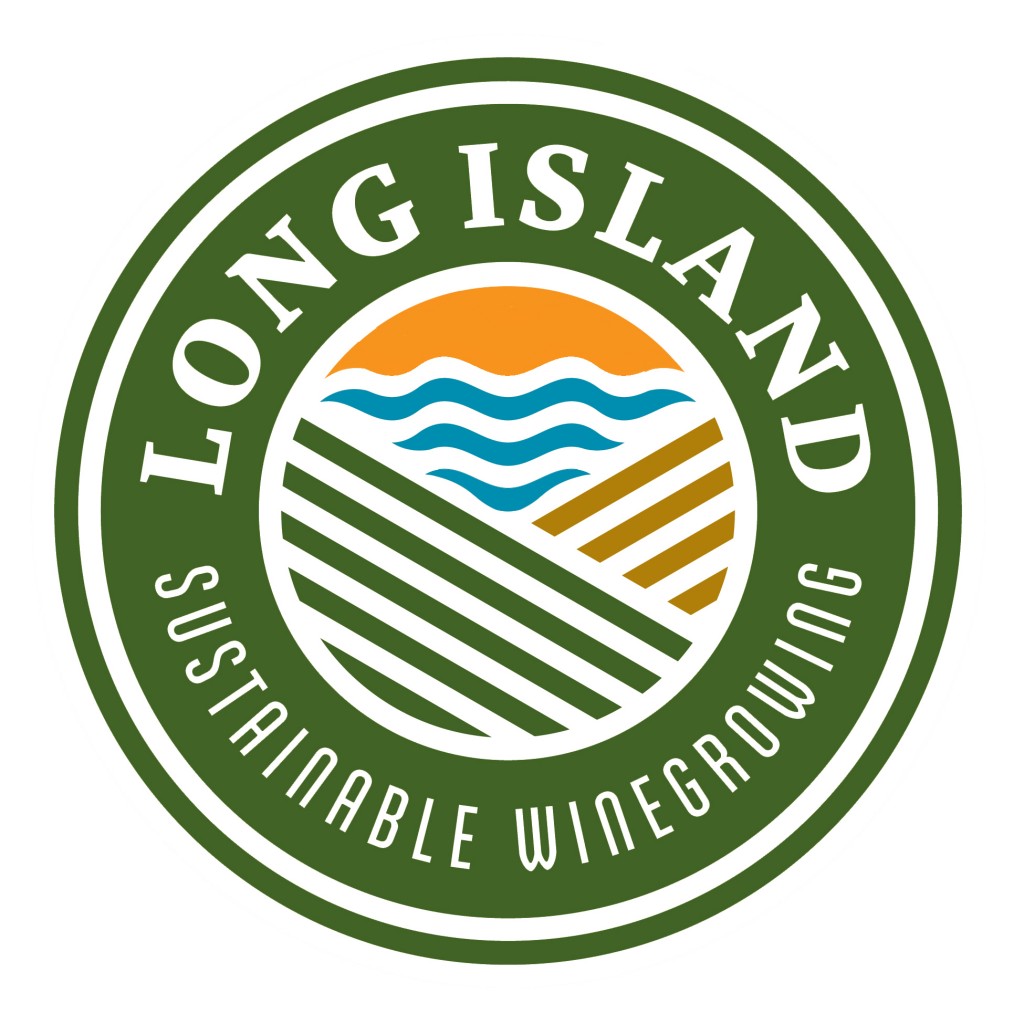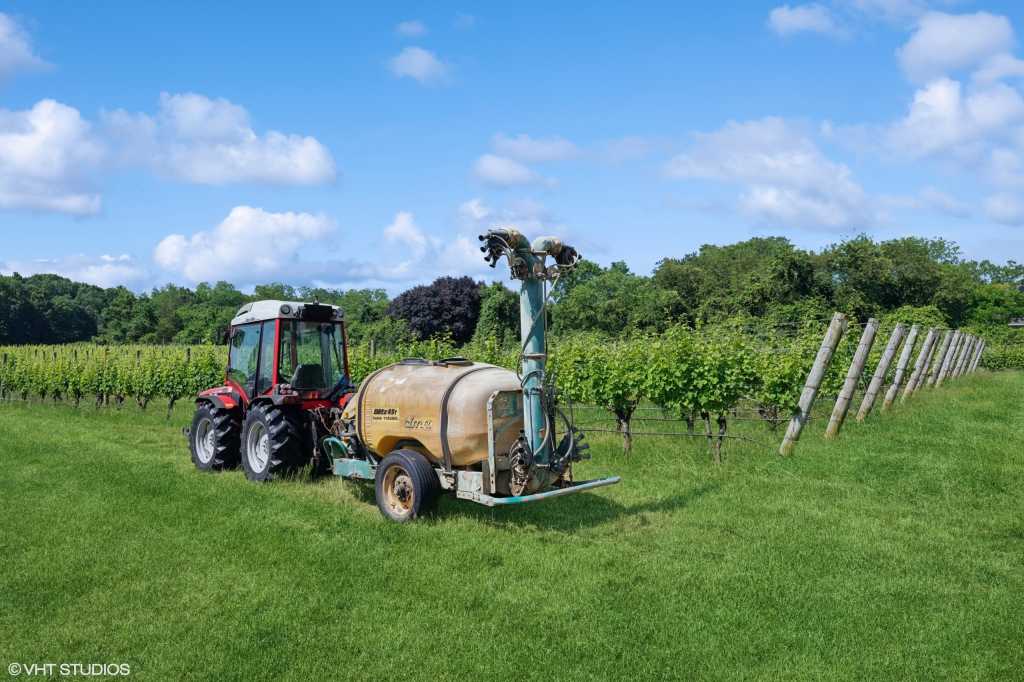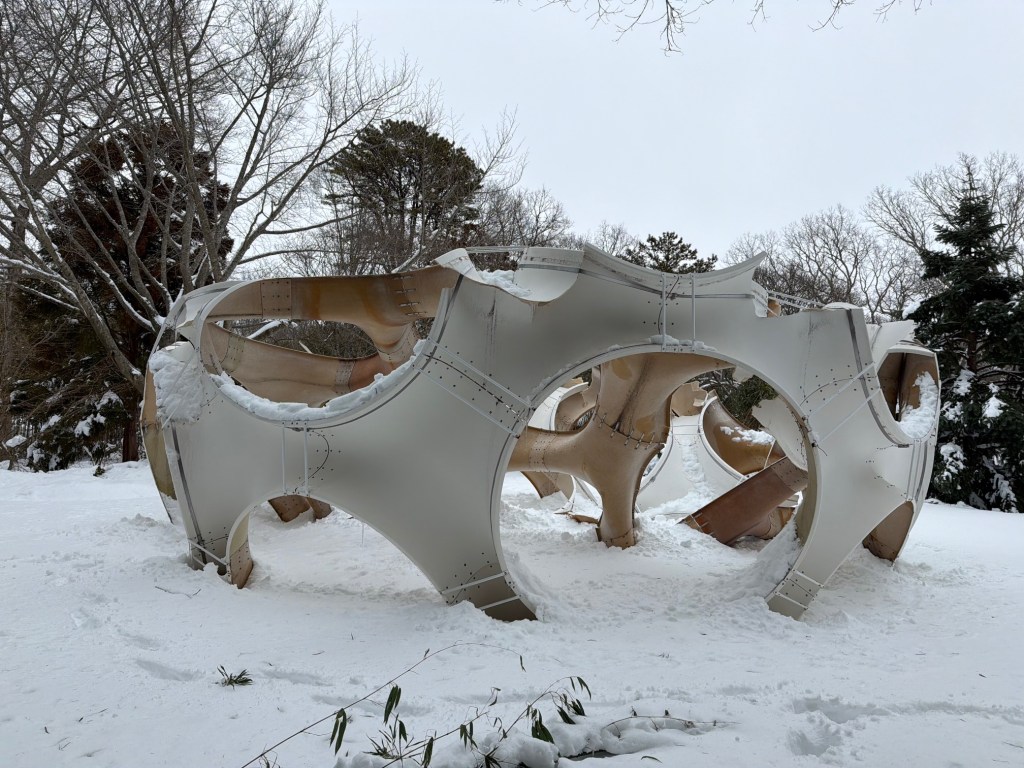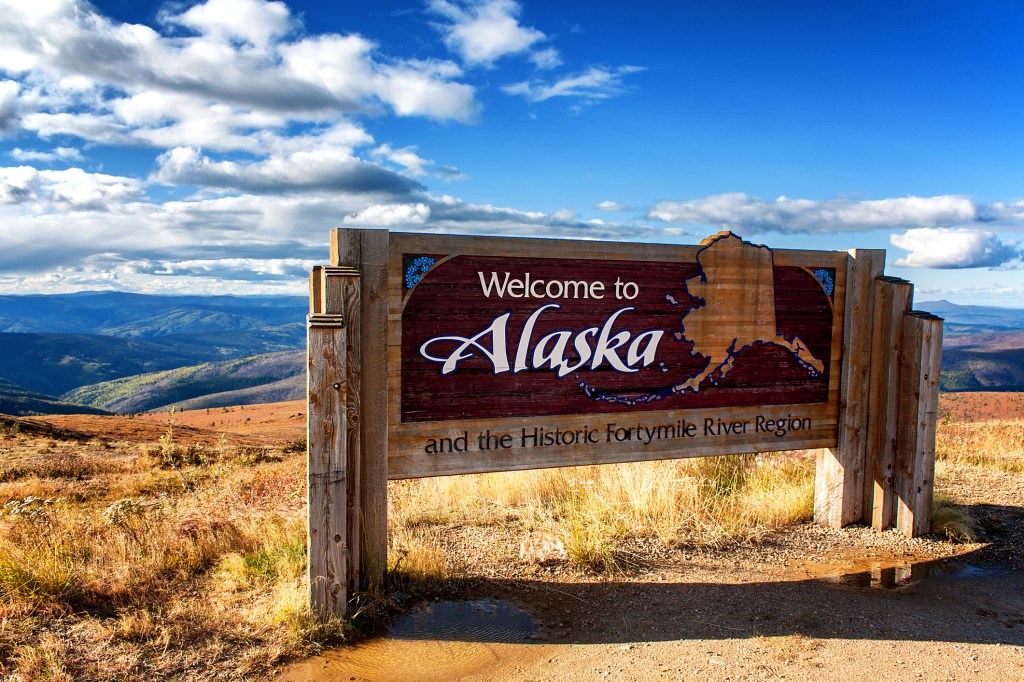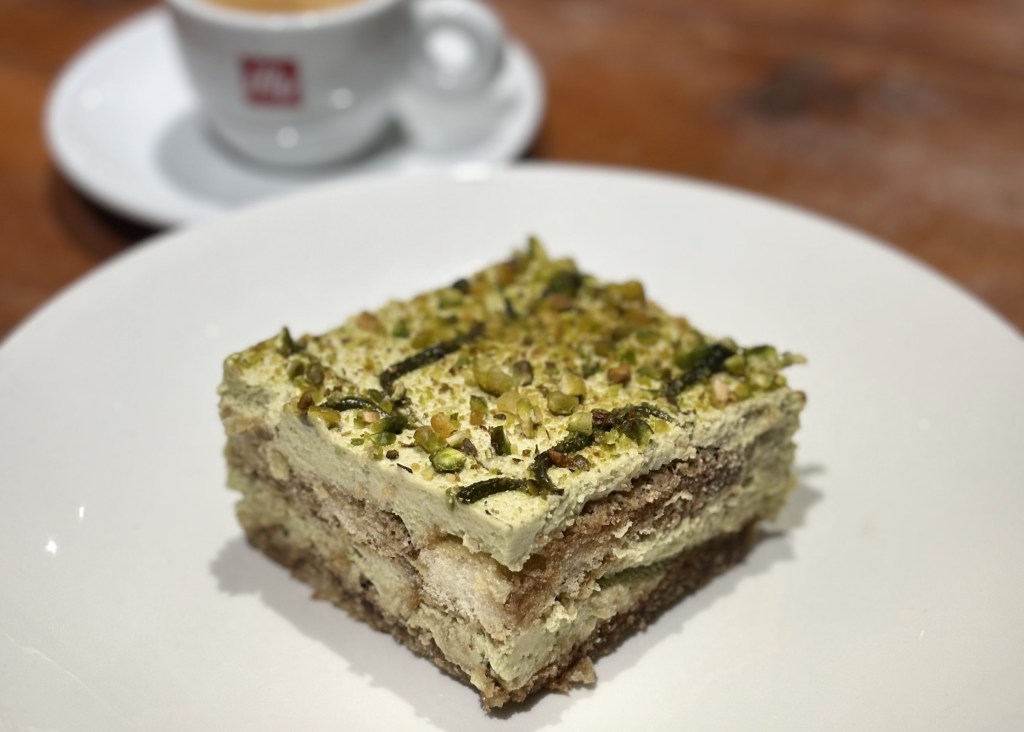Q&A: Bedell Winemaker Richard Olsen-Harbich
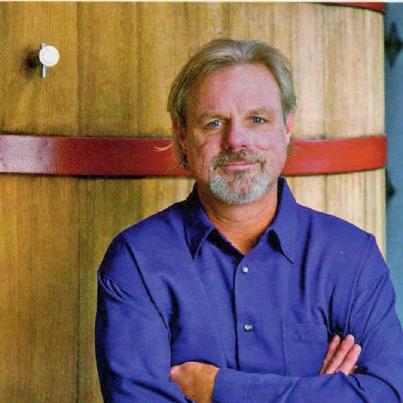
Bedell Cellars winemaker Richard Olsen-Harbich took some time this week to discuss his winery’s recent achievement of “certified sustainable” status by Long Island Sustainable Winegrowing, Inc. (LISW), a not-for-profit organization that provides education and certification for Long Island vineyards. Bedell and nine other East End vineyards were among the first in the Northeast to earn the status.
Bedell is hosting their fellow certified wineries—Channing Daughters, Harbes, Martha Clara, One Woman, Palmer, Roanoke, Sannino Bella Vita, Shinn Estate and Wölffer Estate—at a commemorative celebration on Thursday, June 6, from 6–8 p.m. in Cutchogue.
Hampton Eats:
Was becoming certified sustainable something you were working toward, or did it simply coincide with what you were already doing?
Richard Olsen-Harbich:
This program is the first of its kind on the east coast and is the result of over 10 years of research and development. Many vineyards have been using some sustainable practices over the years, but before our program there were never any set standards. We now have a solid program, which prohibits many chemicals, reduces and limits fertilization and creates a cooperative atmosphere in our district whereby growers can look at their vineyards much more holistically.
HE:
What does it mean for Bedell to receive this certification?
Richard Olsen-Harbich:
Bedell is extremely proud to be part of this program and we have worked hard to achieve certified status. It means working much closer with our vines and our land and paying close attention to the needs of both. At Bedell, we employ sustainable, ecological viticulture to ensure the highest quality fruit without unnecessary, high-risk practices. We grow grapes for our own unique environmental conditions—the first step toward a pure expression of local terroir in our wines.
HE:
Can you describe some of those practices that Bedell and perhaps other wineries might use?
Richard Olsen-Harbich:
We established a dense cover crop of grasses, fescues and clovers between the rows of grapevines to maintain high biological species diversity in the vineyard. These row-middle cover crops also reduce soil erosion and promote symbiotic relationships between plants and beneficial insects.
We minimize off-farm inputs such as agricultural chemicals to protect the farmer, the environment and society at large.
We avoid or minimize the use of synthetic fertilizers, instead encouraging responsible natural stewardship of soil health, fertility, and stability.
If we have to spray a fungicide to control a specific grapevine pathogen such as powdery mildew, we use one with the lowest possible environmental impact.
We compost all natural by-products of grape pressing and fermentations and return them to the vineyard soil.
We avoid or minimize agricultural chemicals that do not biodegrade and might build-up in the soil over time.
We scout the vineyard for insects using Integrated Pest Management principles and economic threshold evaluation to eliminate or minimize insecticide use.
We encourage a natural flow of ecosystem elements through the presence of Bluebird houses, honeybee hives and deer migration corridors.
HE:
How important is sustainability in your business?
Richard Olsen-Harbich:
The implementation of these techniques and the pathway of sustainability throughout our business is what led us to certification. It’s the overriding philosophy of our business and extremely important to what we’re creating. We feel we’re making a better product because of it.
